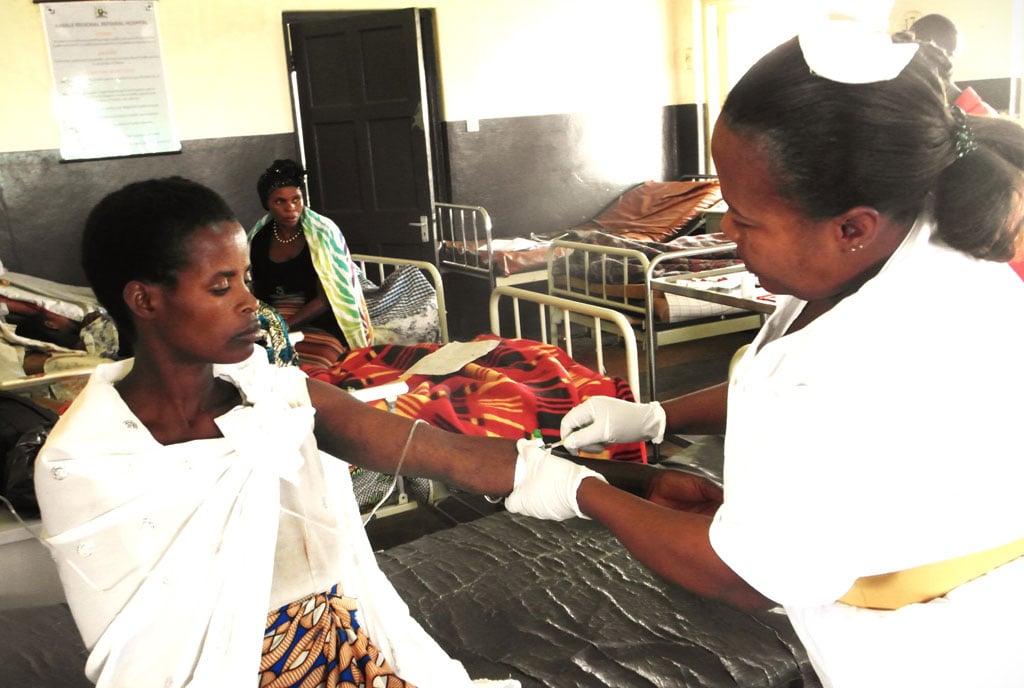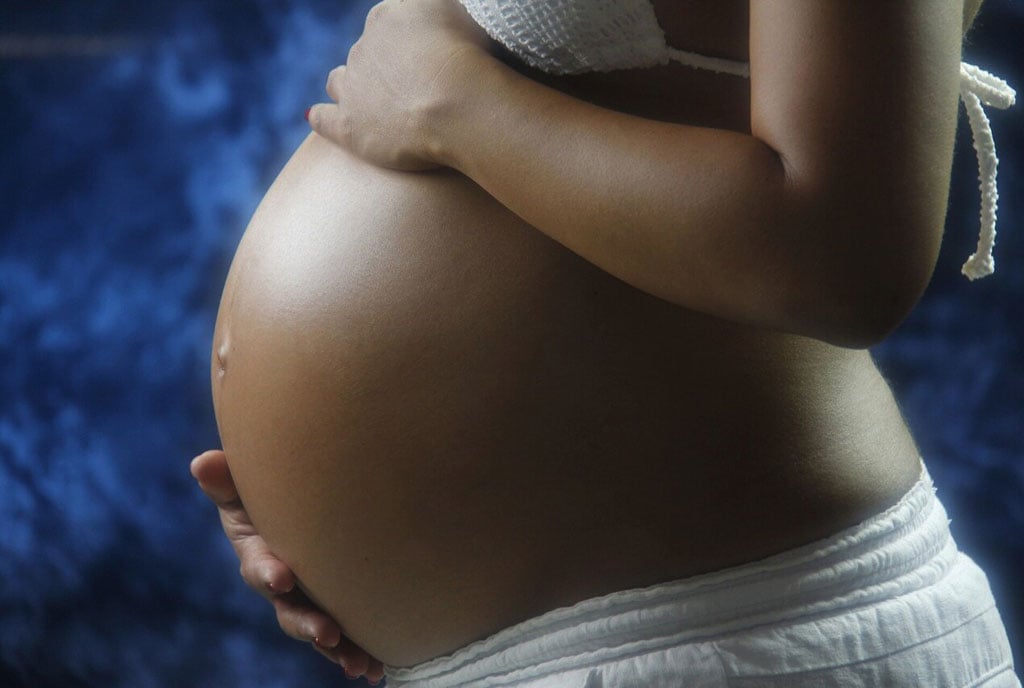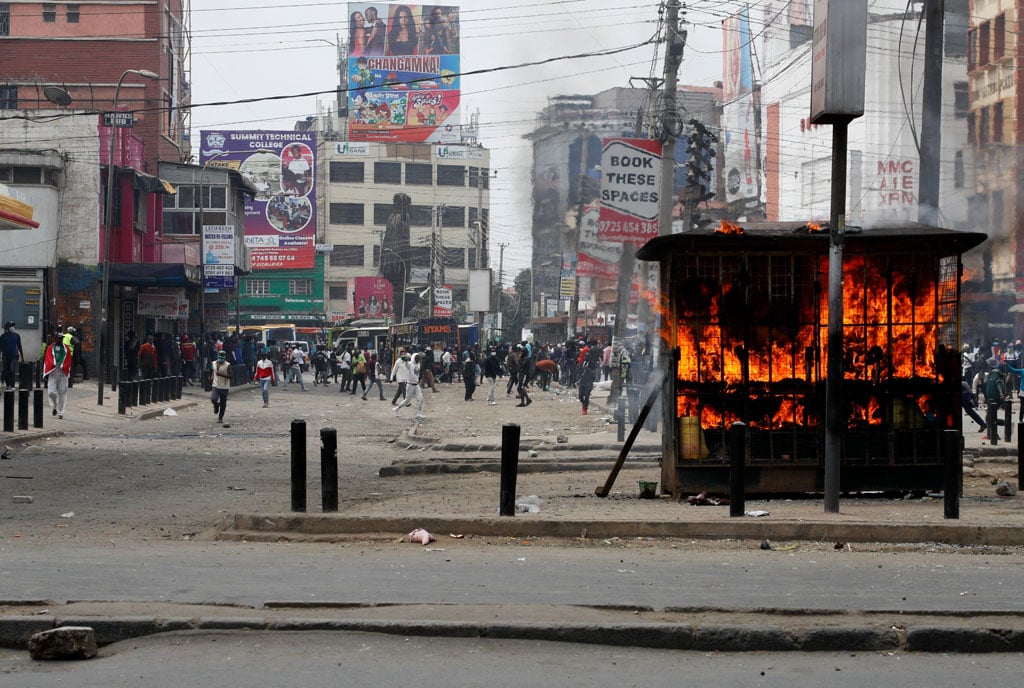Prime
Fighting obstetric fistula

Fistula can be treated through corrective surgery and many not-for-profit hospitals, and government facilities have held medical camps where surgery is free. PHOTO/FILE
What you need to know:
- Living with obstetric fistula comes with severe social and psychological implications.
The world observed the International Day to End Obstetric Fistula on May 23. It is crucial to spotlight the plight of countless women who suffer in silence due to this devastating condition. Globally, obstetric fistula is a significant public health concern and Uganda is no exception, bearing a brunt illustrated by over 1,900 new cases annually.
We must acknowledge that teenage pregnancy and the negative socio-cultural norms and practices in our Ugandan society are some of the major drivers of obstetric fistula after the main challenge of inadequate health infrastructure.
Obstetric fistula is an injury that occurs between the birth canal and bladder or rectum, primarily caused by prolonged obstructed labour without timely medical intervention, resulting in chronic medical issues, social isolation, and psychological trauma.
Several studies reveal that an estimated two million young women live with untreated obstetric fistula across Africa and Asia, with hundreds of new cases each year in Uganda alone.
The root of this debilitating condition can often be traced back to teenage pregnancy, which is rampant in Uganda due to limited or no access to Sexual Reproductive Health and Rights (SRHR) services, as well as to the widespread occurrence of sexual assault.
Teenage pregnancy is alarmingly high in Uganda, and it is inseparably linked to insufficient sexual education and access to contraception.
According to the Ugandan Demographic and Health Survey, 25 percent of adolescents aged 15-19 have begun childbearing, a reality that endangers their health and future. This statistic is a stark reminder of the urgency of promoting SRHR services as a critical step towards preventing obstetric fistula.
Indeed, dismantling harmful societal norms is an uphill battle but, societal attitudes, which often favour early marriages and the subjugation of women’s autonomy, play a significant role in the cycle that leads to this condition.
Young mothers are particularly vulnerable- their bodies are not yet fully developed for childbirth, resulting in complications such as obstetric fistula. Compounded by the inadequate healthcare infrastructure, most especially in underserved rural areas, the stage is set for an increase in obstetric fistula cases as most of these women due to poverty prefer traditional birth attendants.
The situation is further aggravated in settings where resources are scarce, and healthcare is often compromised. Women and girls living in these environments face heightened risks of sexual violence and diminished access to essential health services, exacerbating the incidence of obstetric fistula.
Living with obstetric fistula comes with severe social and psychological implications.
Several women suffering from this condition frequently experience rejection, especially from their spouses, other family members and the general community, leading to isolation and depression, with others experiencing the same condition living in fear of speaking out.
These stigmatising experiences perpetuate a cycle of fear and trauma, preventing women from seeking help and perpetuating their suffering. The societal stigma can be so profound that even after successful fistula repair, women may still be viewed as ‘damaged’ or ‘cursed’, reinforcing the need to destigmatise the condition. Education plays a pivotal role in this endeavour, through involving community awareness of the causes and consequences of obstetric fistula, we can foster empathy and support for affected women.
To tackle the rise in cases of obstetric fistula, we need a comprehensive and holistic approach involving strategies such as enhancing access to quality maternal healthcare, especially in underserved rural areas and humanitarian communities, ensuring that every woman has the right to skilled childbirth assistance, and implementing education programmes that emphasise the importance of Sexual Reproductive Health and Rights services.
As the government is set to roll out the budget for the country, the Ministry of Health should heighten efforts on the expansion of emergency obstetric services and transport systems for expectant mothers in crises.
This must be a coordinated effort involving the government, local communities, international organisations and the civil society. It is imperative to recognise that the road to eradicating fistula is long, but with a concerted, multi-faceted approach that includes destigmatisation, education, and improved maternal healthcare, progress is within reach.
Gladys Rosette Nandutu, Programmes and Fundraising Coordinator at Vijana for Sustainable Development & Environmental Action




